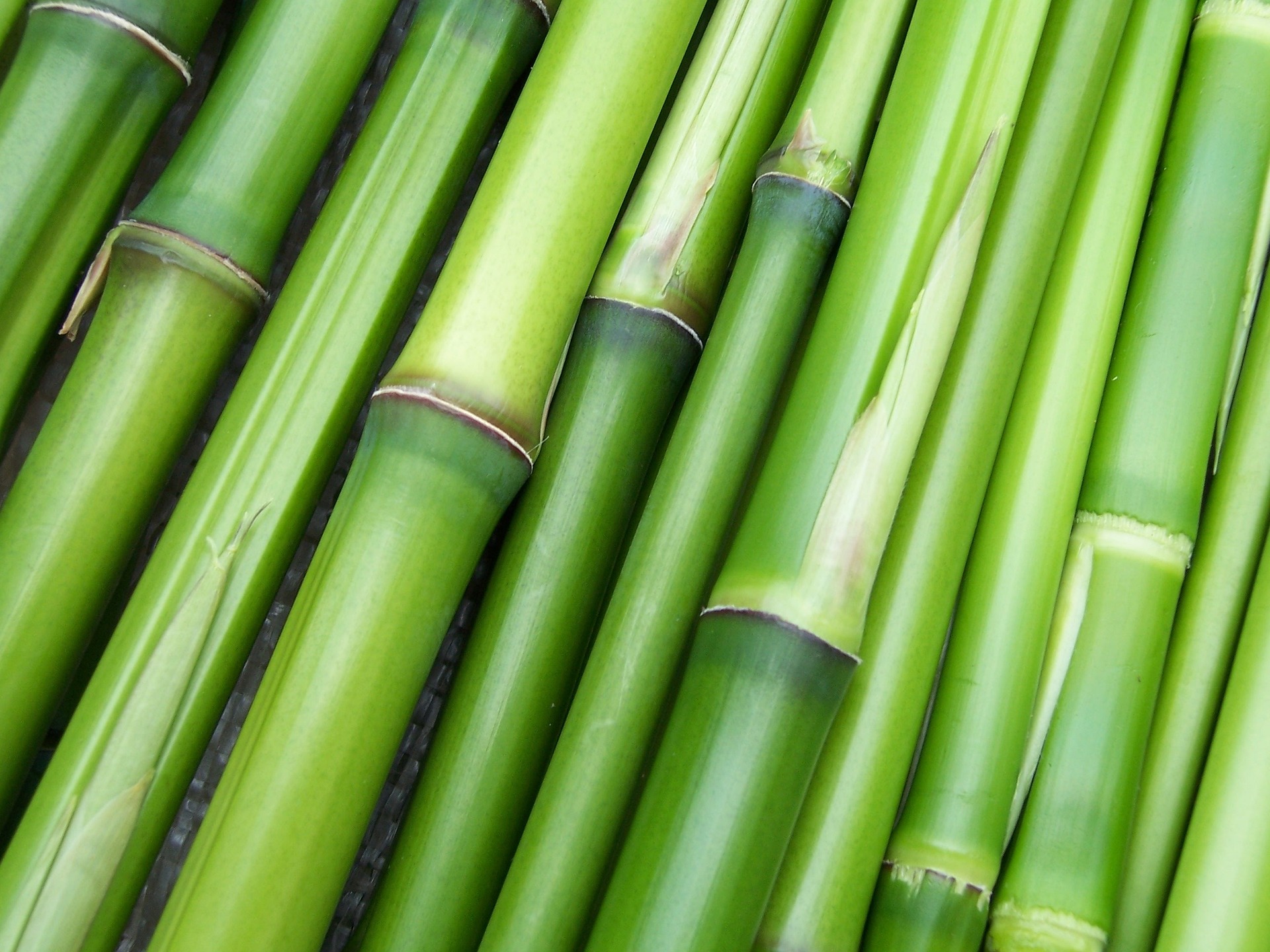What is the Most Sustainable Produce Packaging?
Looking to replace plastic produce packaging? Here's what you need to know about the most sustainable produce packaging materials.

Each year, 13 million tons of plastic trash end up in the ocean, endangering marine ecosystems and the communities that depend on them.
Pressure from non-profit groups and documentation on the effects of plastic on the environment have resulted in increased public awareness of pollution and pushes to address the issue. In the midst of such environmental concerns, sustainable produce packaging has emerged as a solution.
In this article, we’ll go over the most sustainable packaging, as well as how software like Silo can additionally reduce waste while taking your produce business to the next level.
6 most sustainable produce packaging materials
Here are some options that could feasibly replace plastic packaging in the coming years.
1. Mycelium
Mycelium is the newest and most promising eco friendly produce packaging on this list.
It’s somewhat similar to yeast in structure—however, unlike most yeast cells, which develop as single cells, mycelium is multicellular and has the ability to develop into larger structures, the most common being mushrooms. Mycelium is, in essence, a web of threads produced by fungi.
The packaging form of mycelium is bioengineered, produced using agricultural waste. Although mycelium has several uses, packaging is by far its most widespread and practical commercial application.
Since mycelium foam may be utilized in the same way as polystyrene foam, it has gained popularity as a preferred material among many businesses to cushion cargo and reduce damage to products during transportation.
2. Glass
Glass is highly versatile in terms of applications in everyday life. This eco friendly vegetable packaging is produced from natural and sustainable ingredients, including sand, soda ash, limestone, and recycled glass content. In furnaces, these components can be melted down and recycled indefinitely without losing its essential qualities.
There’s no physical distinction between new and recycled glass grades, making this type of packaging highly sustainable.
However, it should be noted that glass lids may leak, which makes them unsuitable for portable and on-the-go containers. As a result, the majority of these portable glass food containers include snap-locking plastic lids with silicone seals or bamboo lids.
These containers, unless broken, have a longer lifespan compared to plastics and can be recycled when disposed of, reducing overall impact on the environment.
3. Sugarcane
Sugarcane fiber packaging is a sustainable packaging for produce that’s responsibly sourced and could end up replacing plastic in the future.
It’s made up of the fibrous section of a sugarcane stem left behind after the plant’s juice has been extracted. This portion of the sugarcane is frequently discarded or utilized as a fuel source for sugar mills, but in recent years, this waste has been given new life as a raw material for packaging.
As a renewable resource, sugarcane is an excellent option for packaging since it employs non-edible waste in food manufacturing.
4. Cornstarch
Cornstarch-based packaging is ideal for things with a limited lifespan, such as produce and takeaway food packaging. Derived from polylactic acid (PLA), there are several grades available that may be utilized for a variety of purposes.
Using cornstarch-based PLA packaging over traditional polymers is beneficial since it’s a renewable material, with the primary raw material used being corn, which is both inexpensive and widely accessible.
When properly disposed of, this eco friendly vegetable packaging will degrade into carbon dioxide and water within a few months, making cornstarch 100% biodegradable and able to be recycled as agricultural fertilizer.
Corn starch packaging products, unlike standard plastics, also do not contain dangerous pollutants and emit fewer greenhouse gasses during manufacturing. Plus, it’s safer to manufacture because it doesn’t involve the use of petroleum products, and it’s also highly cost-effective.
5. Rice husk
Rice husk is the rice grain's outer hull and is a byproduct of rice milling. This agricultural waste from rice cultivation normally has limited use, disposed of in open-field burning or subterranean burial. However, when rice husk is properly turned into useful goods, it benefits both the economy and the environment.
Most companies in China blend 50% rice husk and 50% polypropylene for more eco friendly produce packaging. This blend is biodegradable, with hybrid composites deteriorating much faster compared to non-hybrid counterparts.
6. Bamboo
When a bamboo plant reaches a particular age, the outer coating of the stem comes off, and the sheathes of these plants are used to make disposable packaging. Bamboo has a high tensile strength and composts completely in 2 to 6 months.
Although this packaging is designed to be disposable, it can be reused several times. Some of them are even dishwasher-safe. Regardless, this alternative is recyclable and is a sustainable option.
Silo is the key to sustainability
Plastic food packaging poses significant environmental and public health risks. Fortunately, sustainable produce packaging options are now accessible and are slowly gaining traction. This is a great way to get started if you intend to make your produce business more sustainable. Many also leverage technological solutions to meet sustainability goals.
Silo, for example, can streamline your business operations, through increased visibility into your inventory. Optimized inventory management enables your business to get the most out of your product, while monitoring and reducing waste.
Book a demo with Silo today!
Want to book a demo with us?
Add your info and we’ll get one scheduled with you.